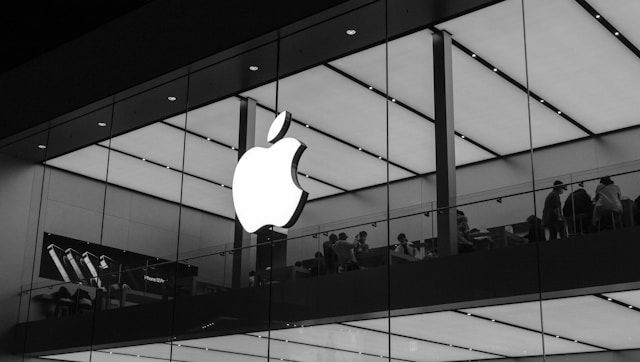A software glitch in Apple’s emoji keyboard suggested the Palestinian flag when users typed “Jerusalem,” sparking controversy
Apple Inc. is currently addressing a software bug in its iOS operating system after users discovered that typing “Jerusalem” in the emoji search field on some iPhones triggers the Palestinian flag emoji. This unexpected feature, which appeared in the latest iOS 17.4.1 update released on March 21, has led to significant backlash on social media, with discussions about its implications for such a politically sensitive topic.
The issue came to light when an iPhone user posted about the anomaly on X (formerly Twitter), where the post quickly garnered over 2.3 million views. This user, identifying as Jewish, noted that other cities did not prompt any national flag emojis, raising questions about whether the occurrence was intentional. Apple has clarified that the appearance of the Palestinian flag was unintentional and resulted from a bug, not a deliberate coding decision.
Predictive emoji suggestions in iOS are generally powered by Apple’s machine-learning technology, which may make suggestions based on large-scale text analysis across millions of users. However, Apple has not provided specific details on what caused this particular suggestion to occur.
The representation of Jerusalem in any medium is highly contentious. The city’s status has been a central issue in the Israeli-Palestinian conflict. Israel captured East Jerusalem in 1967 and considers the entire city its undivided capital, a move not widely recognized internationally. In contrast, East Jerusalem is considered by many in the international community as occupied Palestinian territory. This geopolitical sensitivity makes the emoji suggestion more controversial, especially given the current hostilities between Israel and Hamas.
Apple has announced plans to rectify this issue in an upcoming software update, although the exact timing for this fix has not been disclosed. This incident underscores the challenges tech companies face when their products inadvertently enter geopolitical debates. Apple’s swift response highlights its attempt to remain neutral in international political disputes while addressing software errors swiftly to maintain user trust
